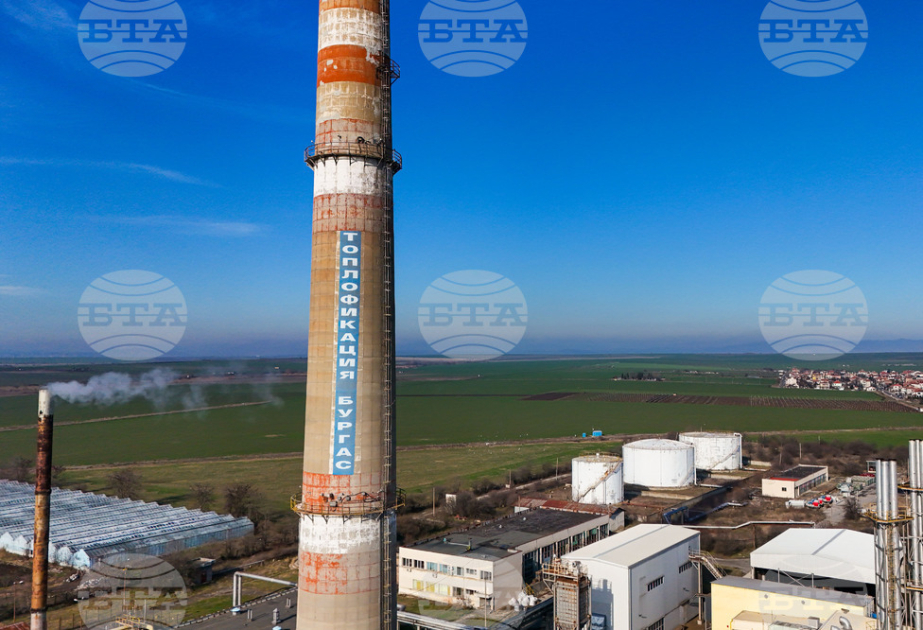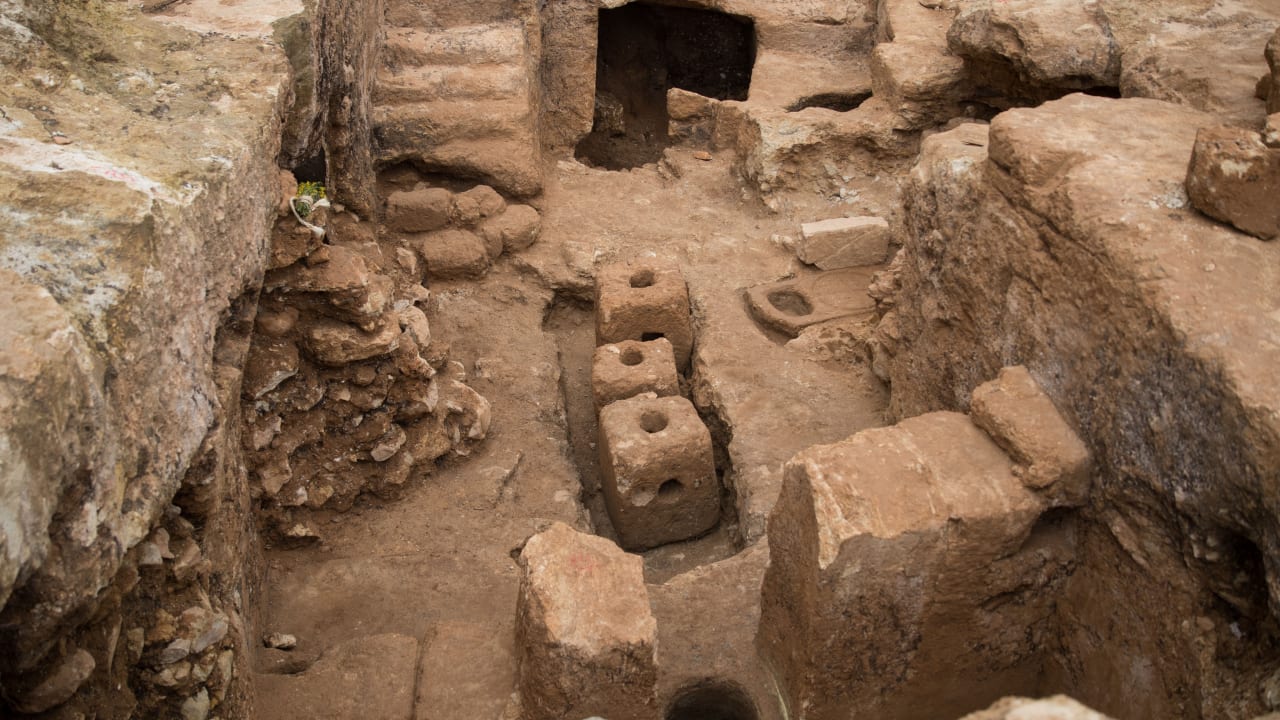The European Commission reports progress in Bulgaria’s final National Energy and Climate Plan (NECP), but highlights a lack of detailed information in several key areas, including carbon capture, energy system integration, nuclear fuel supply security, and macroeconomic impact assessment, according to the Bulgarian News Agency (BTA).
Based on the projections provided in the NECP, Bulgaria expects to decrease total GHG emissions (including LULUCF) by 78.2% in 2030 and by 92% in 2040 compared to 1990 and reaching net zero in 2050. Bulgaria’s NECP includes a commitment to climate neutrality by 2050.
The plan provides updated projections that mark an improvement compared to the draft plan, showing that the existing and planned policies and measures will lead to a decrease of 11.06% in 2030 compared to 2005, overachieving by 1.06 percentage points the national ESR target. In 2023, GHG emissions from ESR sectors represented 52% of the total in Bulgaria and are expected to be 47.8% in 2030.
The plan presents some information on Carbon Capture Utilization and Storage (CCUS) projects. One of the projects is expected to capture 800 kt annually by 2028. Yet, the plan does not contain a comprehensive CCUS strategy and does not provide estimates for potential storage capacity, set annual injection capacity targets, or outline key national legislative proposals related to CCUS.
The final plan offers no further information on the uptake of power purchase agreements. For renewable energy deployment in the heating and cooling sector, Bulgaria indicates that the share of renewables will reach 44.01% in 2030, with the aim to promote innovative geothermal and solar technologies, and the use of waste heat and cold. The plan projects that the share of renewable energy in transport will increase to 29.93% by 2030, which will include a contribution of renewable fuels of non-biological origin. As regards the obligation of fuel suppliers in transport, the plan refers to specific obligations on fuel and energy suppliers for a range of renewable fuels without providing further details and does not mention specific measures for promoting renewable fuels of non-biological origin in industry. Geothermal energy will be promoted via the deployment of heat pumps.
The plan describes measures to diversify the supply of nuclear fuel but does not provide information on spare parts and services. It mentions small modular reactors and implementing good practices in radioactive waste management and spent nuclear fuel management, without giving further details.
The final plan does not provide information on specific measures aimed at energy system integration to facilitate system integration of renewable electricity in accordance with Article 20a of the revised RED II. The plan defines forward-looking objectives and targets concerning market integration. Bulgaria is actively participating in cross-border market coupling initiatives, including SIDC for intraday trading and SDAC for day-ahead markets. The plan also outlines projects for integration with Serbia, North Macedonia, and Greece. There are plans to fully liberalise the market by 2025 and steps are being taken on different measures relevant to retail markets such as dynamic electricity pricing, aggregator participation, and local energy communities. When introduced, the removal of public supplier quotas and price caps for balancing electricity will further contribute to develop competitive wholesale markets and to phase out measures interfering with market signals, ultimately aligning with EU market rules.
According to the EC, Bulgaria does not provide a robust macroeconomic impact assessment. It presents different policy scenarios and assesses their impact on carbon intensity, energy prices, and investment. However, the plan does not establish a direct and quantifiable link between specific policy measures and their macroeconomic impact and has limitations concerning the model-based analysis of GDP and employment. The impacts on health and environment are described qualitatively.
The Commission makes several recommendations, including the introduction of stricter decarbonization measures in the production sector, particularly through reducing energy consumption. The EC also recommends securing funding for research and innovation to support the transition to clean energy, identifying areas where the use of renewable energy sources can be accelerated through simplified permitting procedures, drafting a plan to upgrade the electricity transmission grid, speeding up the renovation of the overall building stock, promoting competition in the electricity market, and adopting a more comprehensive strategy for a just energy transition.

















.jpeg)


